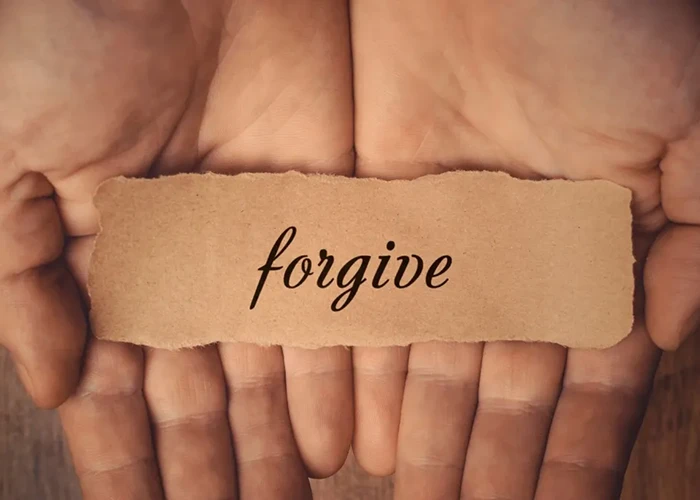Hadith Of The Week – Volume02 Issue08
The Essence of Social Justice in Islam: A Lesson from the Prophet (PBUH)
Introduction
On February 20th, the world observes the World Day of Social Justice, a day dedicated to promoting fairness, equality, and the well-being of all. Social justice has always been a core value in Islam, deeply embedded in the teachings of the Prophet Muhammad (PBUH). In this spirit, we reflect on one of his profound sayings that highlights the essence of justice in human interactions:
اَعْدَلُ النَّاسِ مَنْ رَضِى لِلنَّاسِ مَا يَرْضَى لِنَفْسِهِ وَكَرِهَ لَهُم مَا يَكْرَهُ لِنَفْسِهِ
“The most just among people is the one who is pleased for others with what he is pleased for himself and dislikes for them what he dislikes for himself.” (Nahj al-Fasahah, Hadith 340)
Educational Messages of the Hadith for Youth
Message 1: Practise Empathy Before Actions
Before reacting to a situation or treating someone in a certain way, take a moment to place yourself in their position. Close your eyes and imagine how you would feel if you were in their shoes. Would you appreciate the action or behaviour you are about to exhibit? If the answer is no, then reconsider your decision.
Practical Challenge: Next time you feel like responding to someone in anger or frustration, pause for five seconds and ask yourself: “Would I like this treatment if I were in their place?” Adjust your reaction accordingly.
Message 2: Build Fair and Honest Friendships
True justice in relationships means treating others the way you would like to be treated. Whether it’s in friendships, teamwork, or family interactions, fairness and kindness should be the guiding principles. Being mindful of how our words and actions affect others fosters stronger, healthier relationships.
Practical Challenge: Make it a habit to check on a friend or classmate who seems left out or treated unfairly. Extend the same kindness and support that you would hope to receive in their situation.
Educational Messages of the Hadith for Parents
Message 1: Model Justice in Parenting
Your behaviour towards your children should reflect the same justice and kindness that you would expect from your own parents. Avoid favouritism, ensure fairness in discipline and rewards, and always listen to your children’s concerns with an open heart.
Practical Challenge: Reflect on your interactions with your children this week. Have you unintentionally shown favouritism or dismissed their feelings? Make a conscious effort to be fair in all your dealings.
Message 2: Teach Justice Through Stories
One of the best ways to instil the value of justice in children is through storytelling. Share the stories of individuals and nations who upheld justice and were rewarded, as well as those who engaged in oppression and faced consequences.
Practical Challenge: Pick a night this week to share an Islamic story about justice with your children. Ask them how they would apply the lesson in their daily lives.
Educational Messages of the Hadith for Imams and Religious Leaders
Message 1: Encourage Self-Reflection on Fairness
Encourage your congregants to engage in self-assessment to ensure they are not engaging in injustice, even unintentionally. Teach practical steps for self-accountability, such as keeping a daily journal of one’s actions and making amends where necessary.
Practical Challenge: During your next sermon, introduce a simple self-check practice: Encourage people to ask themselves at the end of the day, “Did I treat others today as I would like to be treated?”
Message 2: Promote the Importance of Seeking Forgiveness
Islam places great emphasis on not only seeking Allah’s forgiveness but also making amends with those we may have wronged. Teach your community about the necessity of seeking people’s forgiveness and ensuring that injustices are rectified.
Practical Challenge: Organise a session in your community where people are encouraged to reflect on and rectify past injustices, whether through apologies, returning rights, or acts of kindness.
editor's pick
news via inbox
Subscribe to the newsletter.




